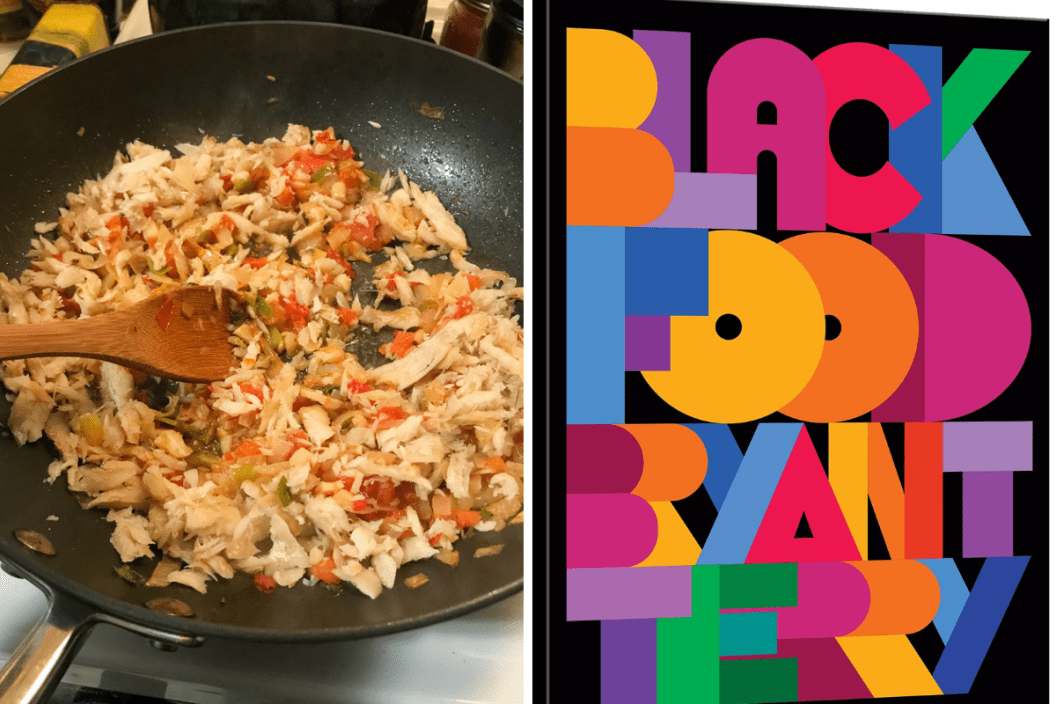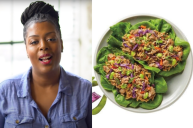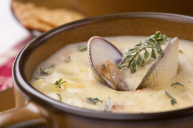One can take for granted the wide proliferation of cookbooks on the market that are specifically for us, and by us as Black foodies. These books exist both as guides to delicious recipes that we are familiar with or want to get acquainted with, and as chronicles of the journey of that respective chef and author. Chef Bryant Terry's Black Food is no different.
Videos by Wide Open Country
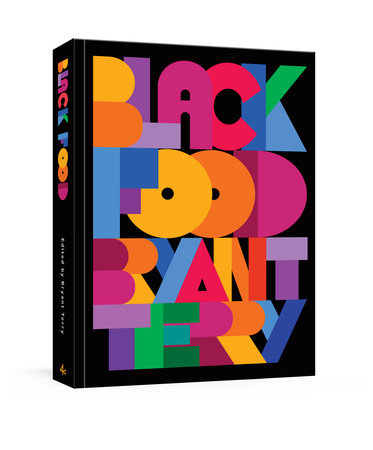
Penguin Random House
With Black Food, the new cookbook edited by acclaimed vegan chef and food justice activist Bryant Terry, you have a veritable compendium of the Black diaspora in all its hues and dimensions. Every aspect of the book pops with vibrant energy, with recipes from all the foodways across the globe alongside heartfelt essays that cover ideas of rest, family, heritage, and defining and redefining one's identity. In holding the book once it arrived, I found myself enamored page by page. Rife with vibrant artwork and photography, each recipe and essay felt like enriching conversations had with each of the chefs and writers in my own home. Chef Bryant Terry's editing brought it all together cohesively.
Black Food Recipes
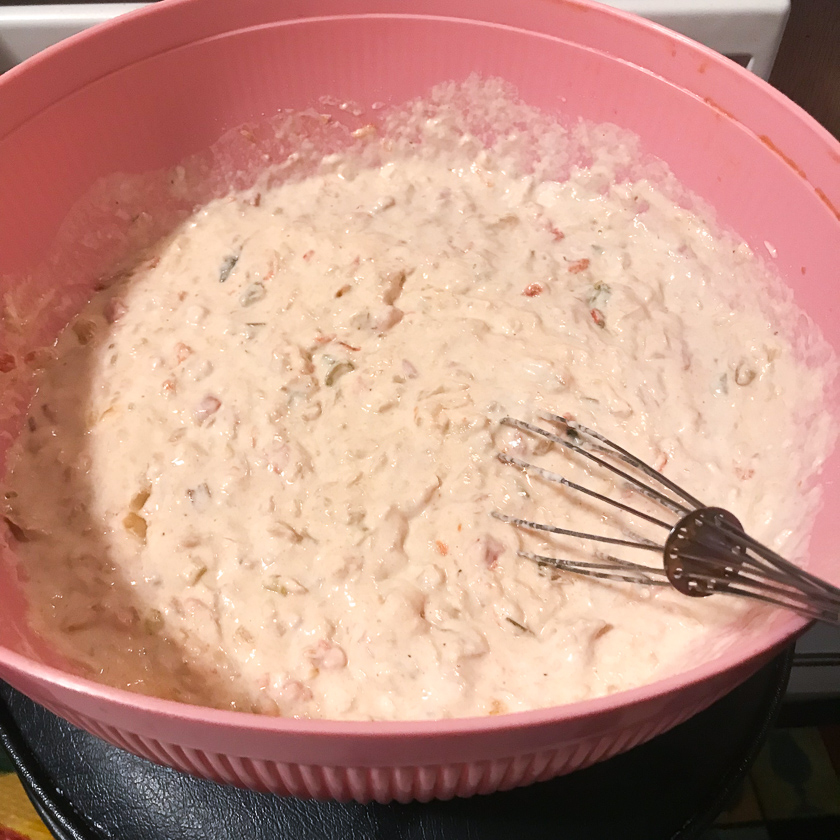
Christopher Smith
Which made it all the more momentous when I had to pick the first recipe I wanted to make from Black Food. I had a recent conversation with a friend of mine, and she said that "Sometimes the best kinds of bonding with your friends happens over recipes and prosecco." While I didn't have the prosecco, I did have the task to cook one recipe and share the journey in this article. And I had the honor of sharing that dish with my older sister and especially my mother, as Black Food became available to the world on her birthday and it was thanks to her that I gained my love of good food and cooking to satisfy all my senses. With that in mind, I chose to make Kalisa Marie Martin's recipe of saltfish fritters.
The highly popular chef, travel expert and brilliant mind behind KalisaMarieEats, Ms. Martin's recipe stood out because it is a dish that she cherishes as an abiding connection to her family as a first-generation American with Jamaican parents as I do, but also because of her recognition of the history of the dish which she chronicles in the recipe within the book. A history that details how a food item that was meant to cheaply feed enslaved people in Jamaica's colonial history was reimagined to be a beloved dish through the ingenuity of those people to span generations.
Saltfish Fritters
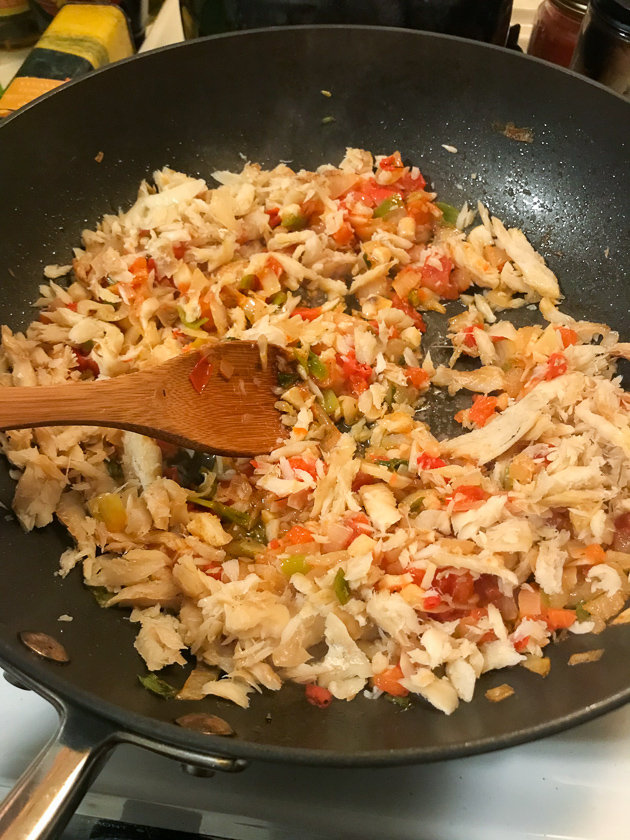
Christopher Smith
On a chilly Saturday, armed with the ingredients, I set out to make the saltfish fritters. Before I began, I did talk with my mother about prepping the saltfish using the same-day method of rinsing it, then boiling it twice to remove the excess salt. She cautioned me to make sure not to let it boil it so long that the fish becomes bland and flavorless. I began prepping all the vegetables after the fish was done, taking extra care with the scorching Scotch bonnet pepper, and remembering how my maternal grandmother and my Uncle Pal in the U.K. enjoyed eating them after they were pickled.
I found myself getting into a seamless groove as I cooked, thinking about my late father would on the spur of the moment cook up some fritters on his day off from his doctoral practice. I thought about those times as I queued up a few songs to listen to. The vegetable mixture was simmering in the oil, and the aroma was simply divine. Making the batter was probably the one spot that seemed daunting at first only because I was trying to ensure that I had all the ingredients properly mixed as the recipe called for by adding the half-cup of water at a time to make sure it wasn't too thick.
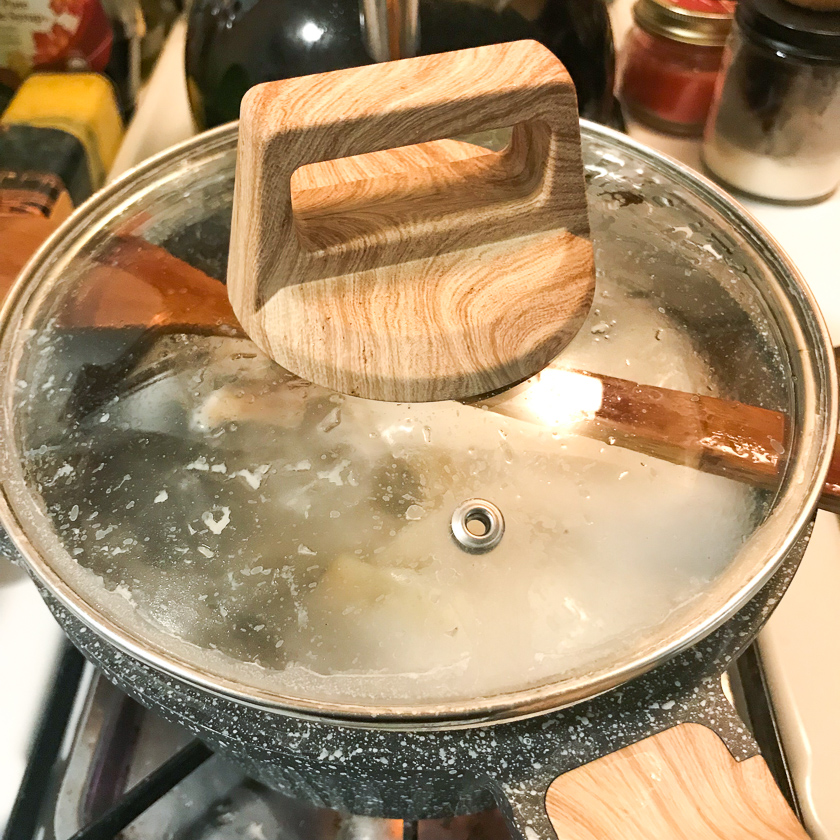
Christopher Smith
As I got the oil ready for the fritters, I appreciated the advice to use a wooden spoon in the oil to test the temperature. It took the guesswork out and as the first fritter formed in the skillet, I caught myself getting giddy seeing it turn golden brown in minutes. I quickly added spoonful after spoonful and used a flat spatula to flip them to be evenly cooked, using the recommended slotted spoon to remove them to the paper-towel-lined plate.
I opted to use canola oil instead of the suggested coconut oil, and instead of fresh thyme leaves, I used the fresh ground thyme available. The best part besides seeing all of the fritters I had made laid out on the plate, was my mother's reaction when I gave her one. She lit up and told me how good it was. "And this is your first time making them too? Very nice, Chris!" she said with a grin. That stamp of approval made my day, as did the fact that we had a whole bunch left over to enjoy the next day along with some of the mixture stored away in the fridge for another golden afternoon.
Black Food is a Sense of Home
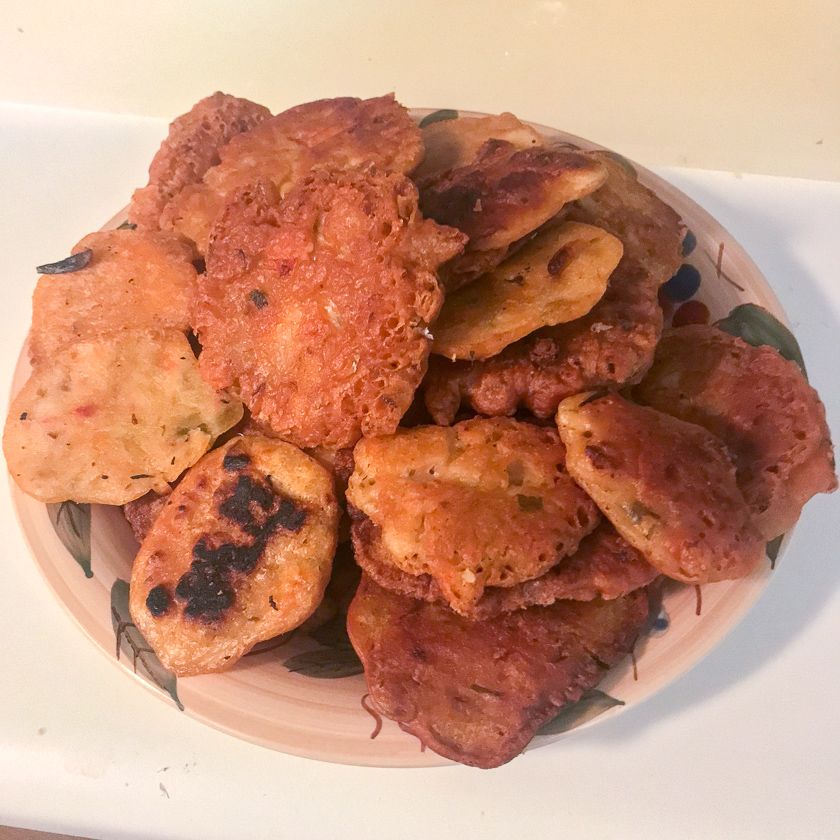
Christopher Smith
Overall, what I got from Bryant Terry's Black Food is the sense of home in all the multitudes which appeal to me as a Black person who writes and appreciates food as a gateway to better understanding himself and others. The recipes and the essays and ruminations remind me of a quote from the great Toni Morrison:
"Home is memory, home is your history, home is where you work. Some people want to abandon it and become truly local. But the questions are all there."
And Black Food is definitely one book that will have answers for many who pick it up and cook any of its delicious recipes.
